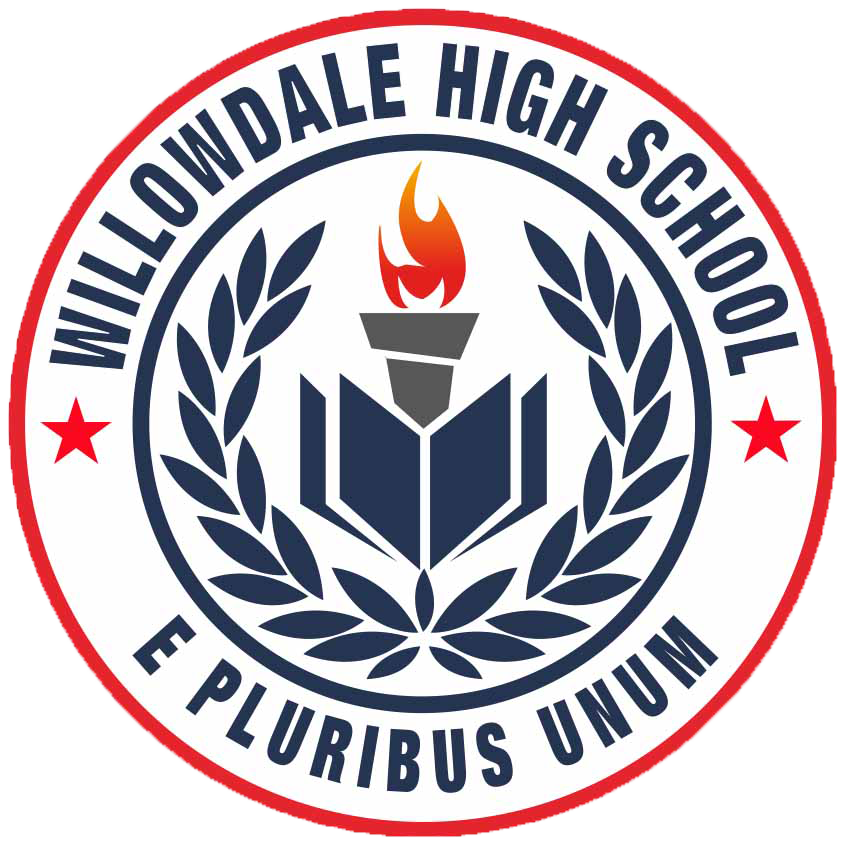
17 Courses
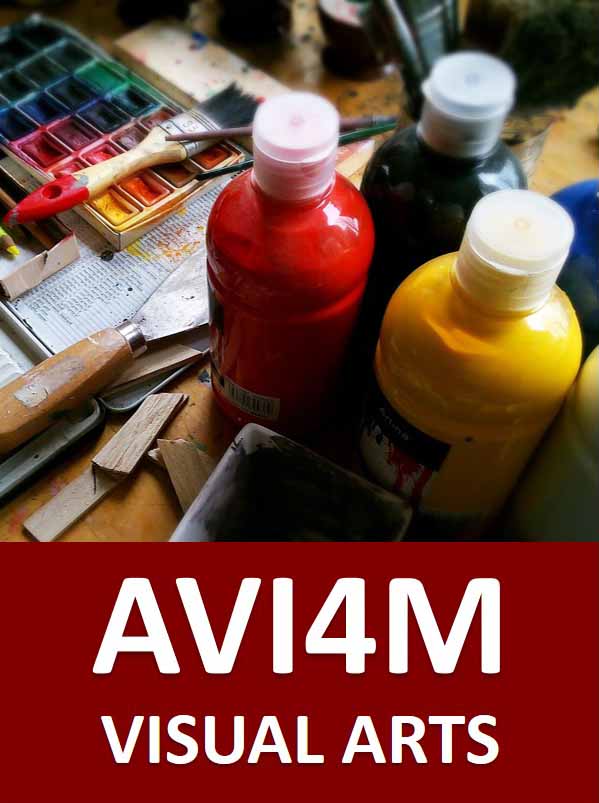
Grade 12
Visual Arts
This course focuses on enabling students to refine their use of the
creative process when creating and presenting two- and three-dimensional art
works using a variety of traditional and emerging media and technologies.
Students will use the critical analysis process to deconstruct art works and
explore connections between art and society. The studio program enables
students to explore a range of materials, processes, and techniques that can be
applied in their own art production. Students will also make connections
between various works of art in personal, contemporary, historical, and
cultural contexts.
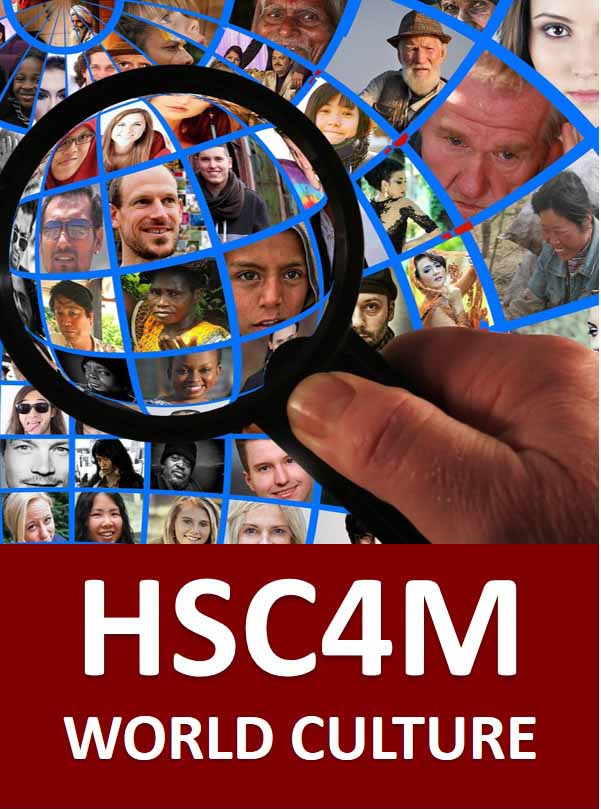
Grade 12
World Cultures
This course examines the
nature of culture; how cultural identities are acquired, maintained, and
transformed; and theories used to analyse cultures. Students will explore world
cultures, with an emphasis on the analysis of religious and spiritual beliefs,
art forms, and philosophy. They will study the contributions and influence of a
range of cultural groups and will critically analyse issues facing
ethnocultural groups within Canada and around the world. Students will develop
and apply research skills and will design and implement a social action
initiative relating to cultural diversity.
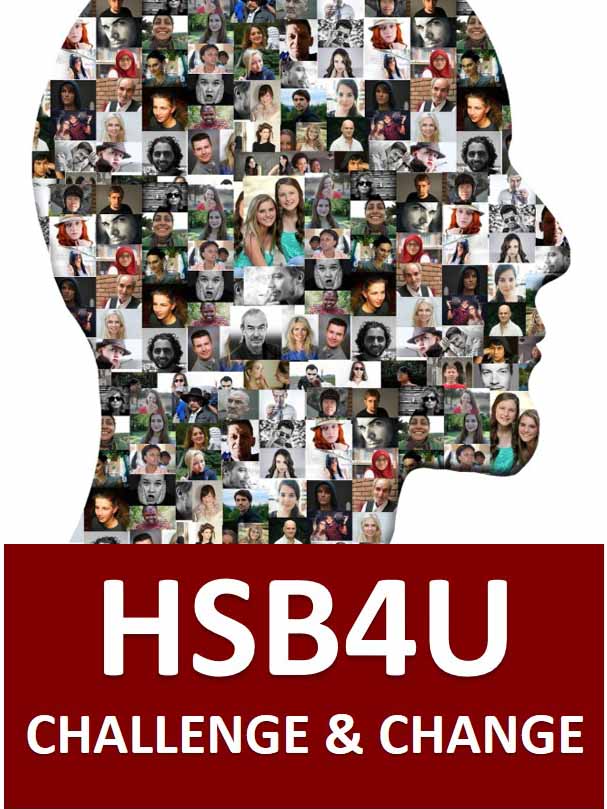
Grade 12
Challenge and Change in Society
This course focuses on the
use of social science theories, perspectives, and methodologies to investigate
and explain shifts in knowledge, attitudes, beliefs, and behaviour and their impact on society. Students
will critically analyse how and why cultural, social, and behavioural patterns
change over time. They will explore the ideas of social theorists and use those
ideas to analyse causes of and responses to challenges such as technological
change, deviance, and global inequalities. Students will explore ways in which
social science research methods can be used to study social change.
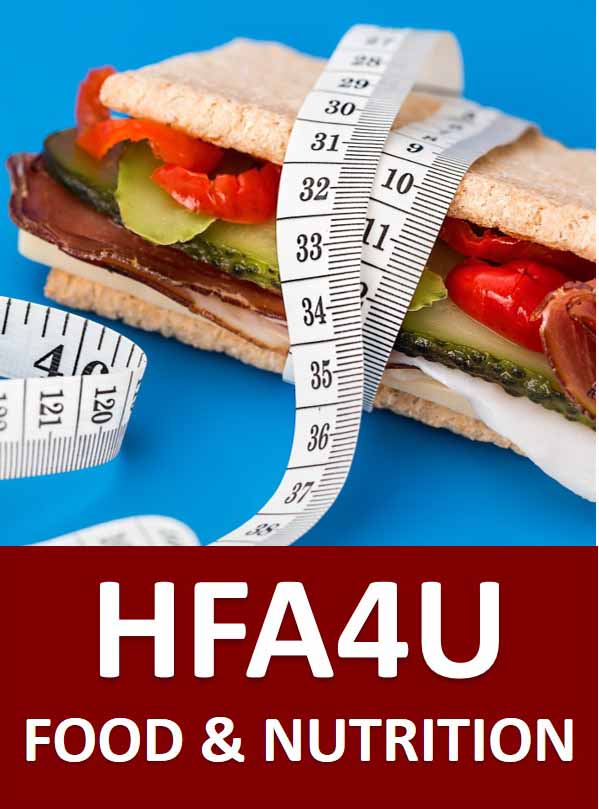
Grade 12
Nutrition and Health
This course examines the
relationships between food, energy balance, and nutritional status; the
nutritional needs of individuals at different stages of life; and the role of
nutrition in health and disease. Students will evaluate nutrition-related
trends and will determine how food choices can promote food security and environmental
responsibility. Students will learn about healthy eating, expand their
repertoire of food-preparation techniques, and develop their social science
research skills by investigating issues related to nutrition and health.
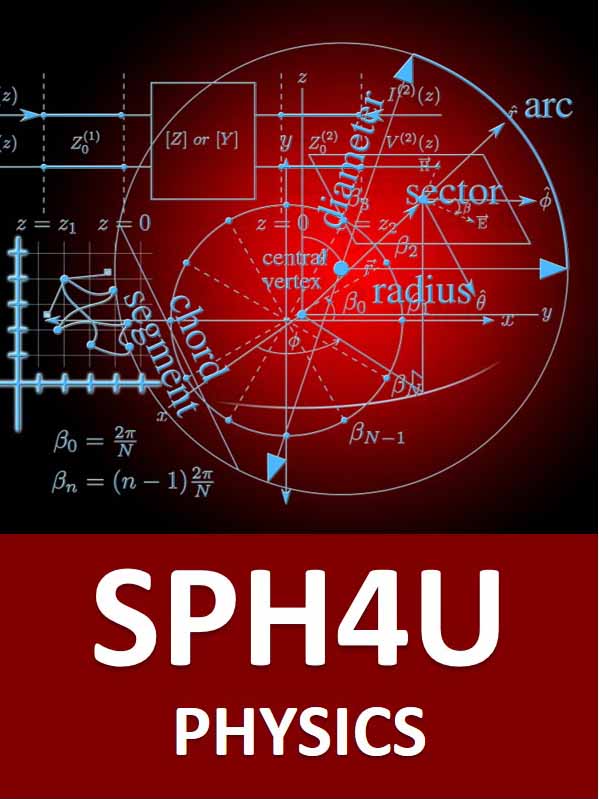
Grade 12
Physics
This course enables
students to deepen their understanding of physics concepts and theories.
Students will continue their exploration of energy transformations and the
forces that affect motion, and will investigate electrical, gravitational, and
magnetic fields and electromagnetic radiation. Students will also explore the
wave nature of light, quantum mechanics, and special relativity. They will
further develop their scientific investigation skills, learning, for example,
how to analyse, qualitatively and quantitatively,
data related to a variety of physics concepts and principles. Students will
also consider the impact of technological applications of physics on society
and the environment.

Grade 12
Chemistry
This course enables students to deepen their understanding of chemistry through the study of organic chemistry, the structure and properties of matter, energy changes and rates of reaction, equilibrium in chemical systems, and electrochemistry. Students will further develop their problem-solving and investigation skills as they investigate chemical processes, and will refine their ability to communicate scientific information. Emphasis will be placed on the importance of chemistry in everyday life and on evaluating the impact of chemical technology on the environment.

Grade 12
Biology
This course provides
students with the opportunity for in-depth study of the concepts and processes
that occur in biological systems. Students will study theory and conduct
investigations in the areas of biochemistry, metabolic processes, molecular
genetics, homeostasis, and population dynamics. Emphasis will be placed on the
achievement of detailed knowledge and the refinement of skills needed for
further study in various branches of the life sciences and related fields.
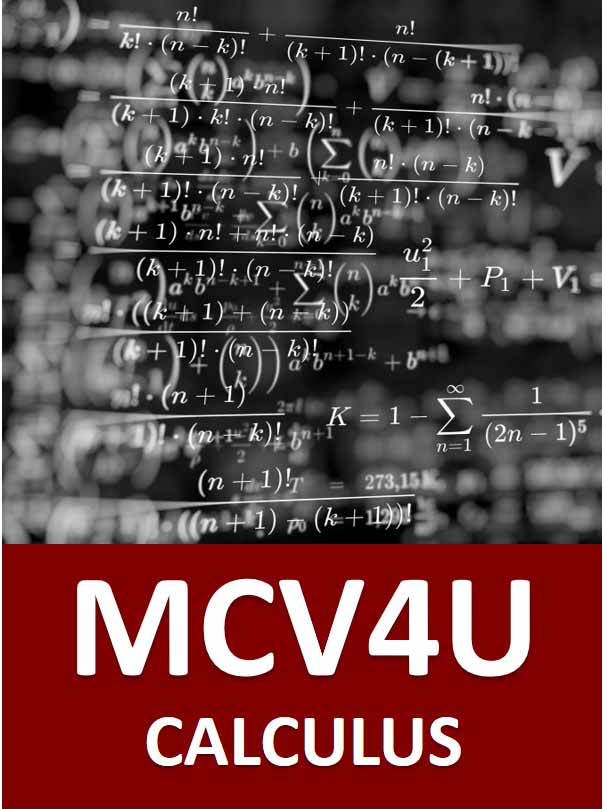
Grade 12
Calculus and Vectors
This course builds on
students’ previous experience with functions and their developing understanding
of rates of change. Students will solve problems involving geometric and
algebraic representations of vectors and representations of lines and planes in
three-dimensional space; broaden their understanding of rates of change to
include the derivatives of polynomial, sinusoidal, exponential, rational, and
radical functions; and apply these concepts and skills to the modelling of
real-world relationships. Students will also refine their use of the
mathematical processes necessary for success in senior mathematics. This course
is intended for students who choose to pursue careers in fields such as
science, engineering, economics, and some areas of business, including those
students who will be required to take a university-level calculus, linear
algebra, or physics course.
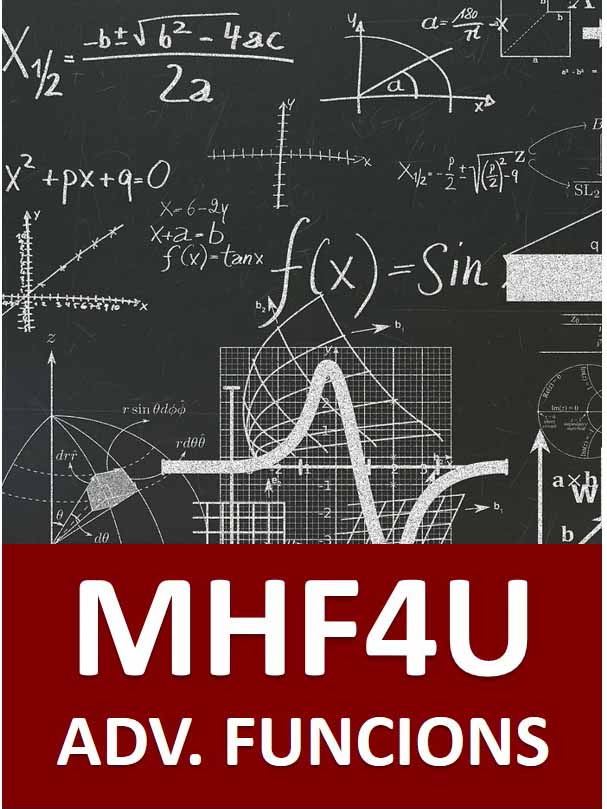
Grade 12
Advanced Functions
This course extends
students’ experience with functions. Students will investigate the properties
of polynomial, rational, logarithmic, and trigonometric functions; develop
techniques for combining functions; broaden their understanding of rates of
change; and develop facility in applying these concepts and skills. Students
will also refine their use of the mathematical processes necessary for success
in senior mathematics. This course is intended both for students taking the
Calculus and Vectors course as a prerequisite for a university program and for
those wishing to consolidate their understanding of mathematics before
proceeding to any one of a variety of university programs.
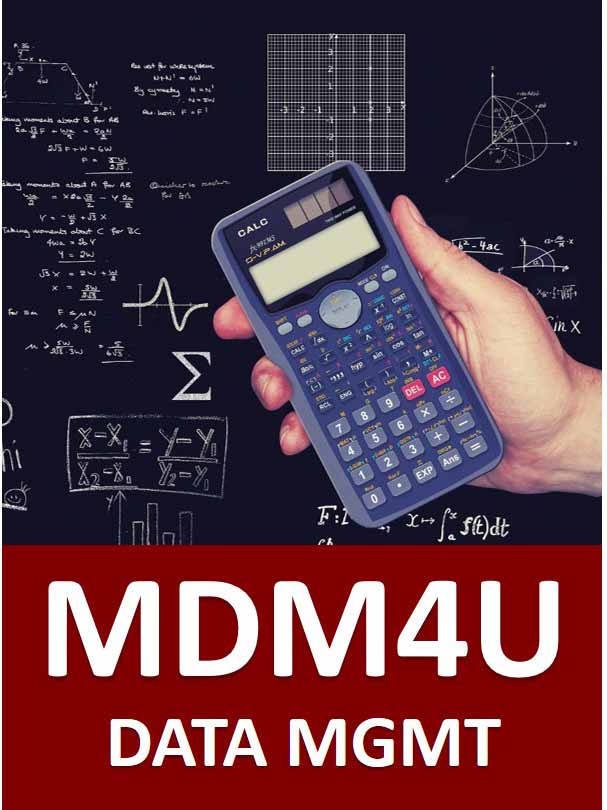
Grade 12
Mathematics of Data Management
This course broadens
students’ understanding of mathematics as it relates to managing data. Students
will apply methods for organizing and analysing large amounts of information;
solve problems involving probability and statistics; and carry out a
culminating investigation that integrates statistical concepts and skills.
Students will also refine their use of the mathematical processes necessary for
success in senior mathematics. Students planning to enter university programs
in business, the social sciences, and the humanities will find this course of
particular interest.
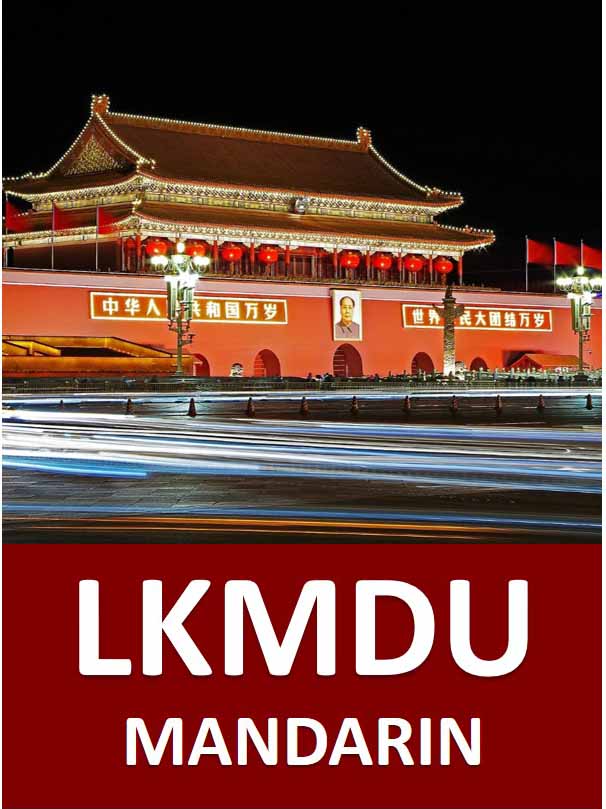
Grade 12
Mandarin
This Course prepares
students for university studies in the international language (Mandarin).
Students will enhance their ability to use the Chinese official language with
clarity and precision, and emphasize the consolidation of the literacy,
communication, and critical and creative thinking skills necessary for success
in academic and daily life. Students will analyze a range of classical literary
texts from various historical periods, understand and evaluate information,
engage in sustained conversations and discussions, read diverse materials for
both study and pleasure, and write clearly and effectively. Students also will create oral, written, and
media texts in a variety of forms and have opportunities to add to their
knowledge of the Chinese culture through the use of community resources and
computer technology.
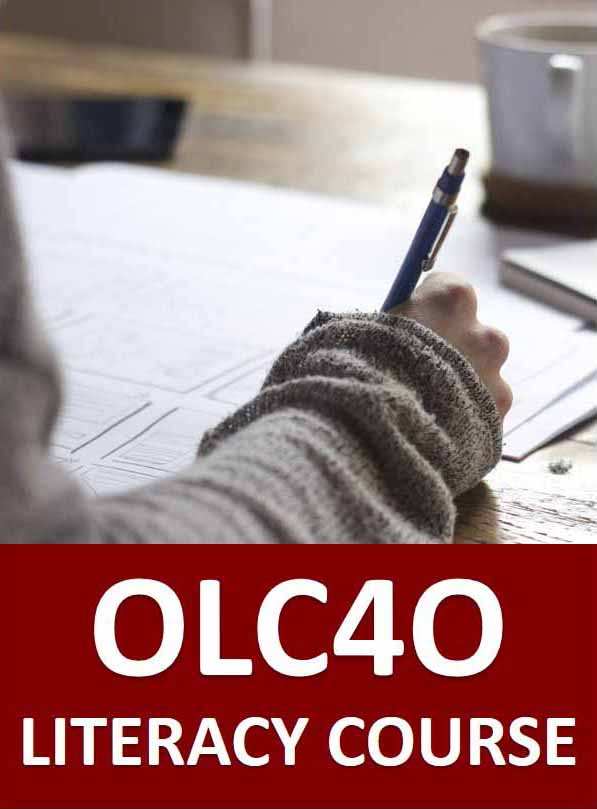
Grade 12
Ontario Secondary School Literacy Course
This
course is designed to help students acquire and demonstrate the
cross-curricular literacy skills that are evaluated by the Ontario Secondary
School Literacy Test (OSSLT). Students who complete the course successfully
will meet the provincial literacy requirement for graduation. Students will
read a variety of informational, narrative, and graphic texts and will produce
a variety of forms of writing, including summaries, information paragraphs,
opinion pieces, and news reports. Students will also maintain and manage a
portfolio containing a record of their reading experiences and samples of their
writing.
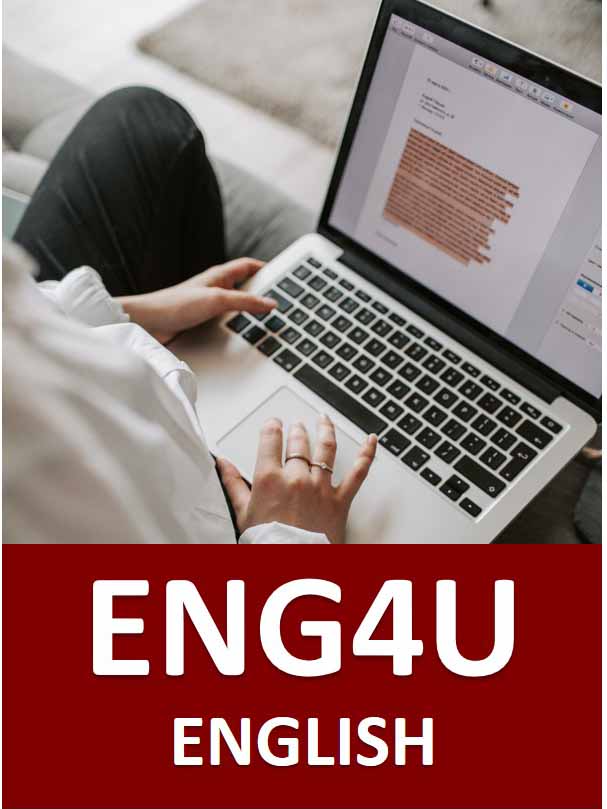
Grade 12
English
This
course emphasizes the consolidation of the literacy, communication, and
critical and creative thinking skills necessary for success in academic and
daily life. Students will analyse a range
of challenging literary texts from various periods, countries, and cultures;
interpret and evaluate informational and graphic texts; and create oral,
written, and media texts in a variety of forms. An important focus will be on
using academic language coherently and confidently, selecting the reading
strategies best suited to particular texts and particular purposes for reading,
and developing greater control in writing. The course is intended to prepare
students for university, college, or the workplace.
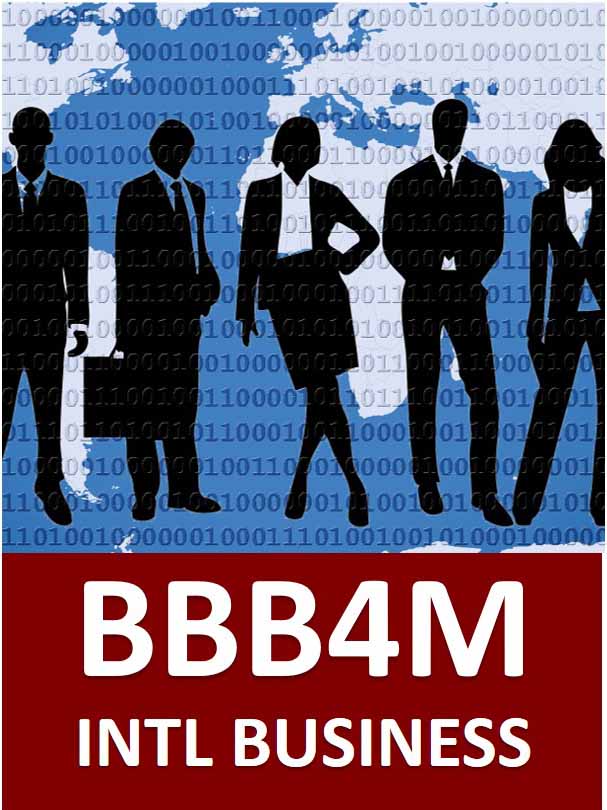
Grade 12
International Business
This
course provides an overview of the importance of international business and
trade in the global economy and explores the factors that influence success in
international markets. Students will learn about the techniques and strategies
associated with marketing, distribution, and managing international business effectively. This course prepares students
for postsecondary programs in business, including international business,
marketing, and management.
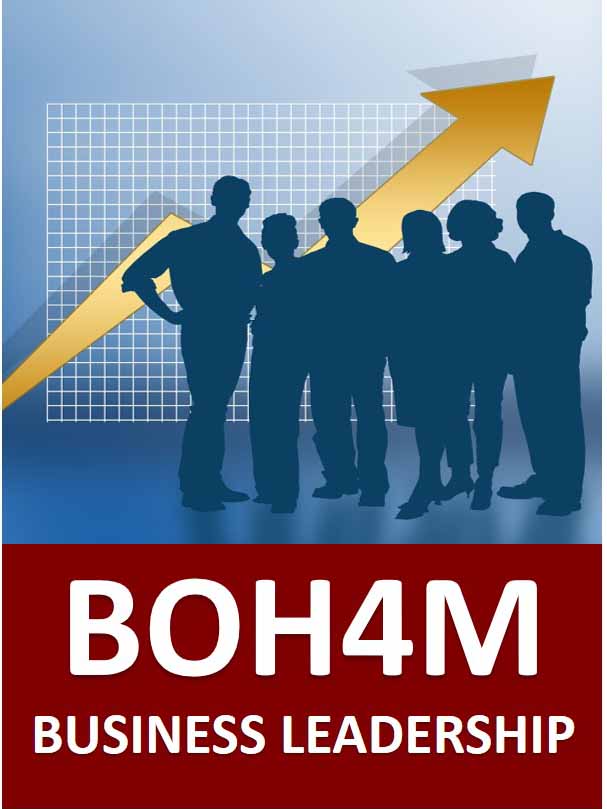
Grade 12
Business Leadership: Management Fundamentals
This course focuses on the development of leadership skills used in managing a successful business. Students will analyze the role of a leader in business, with a focus on decision making, management of group dynamics, workplace stress and conflict, motivation of employees, and planning. Effective business communication skills, ethics, and social responsibility are also emphasized.
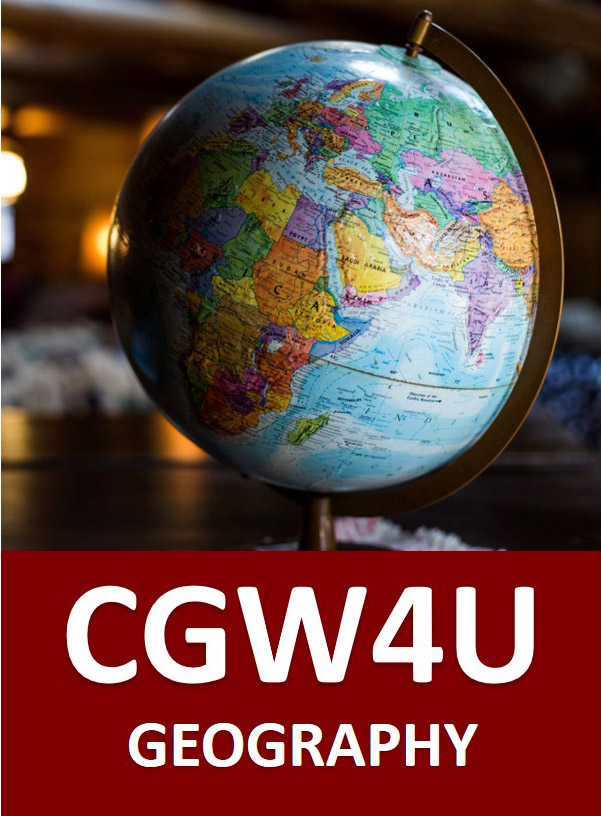
Grade 12
World Issues: A Geographic Analysis
In
this course, students will address the challenge of creating a more sustainable
and equitable world. They will explore issues involving a wide range of topics,
including economic disparities, threats to the environment, globalization,
human rights, and quality of life, and will analyse government policies,
international agreements, and individual responsibilities relating to them.
Students will apply the concepts of geographic thinking and the geographic
inquiry process, including the use of spatial technologies, to investigate
these complex issues and their impacts on natural and human communities around
the world.
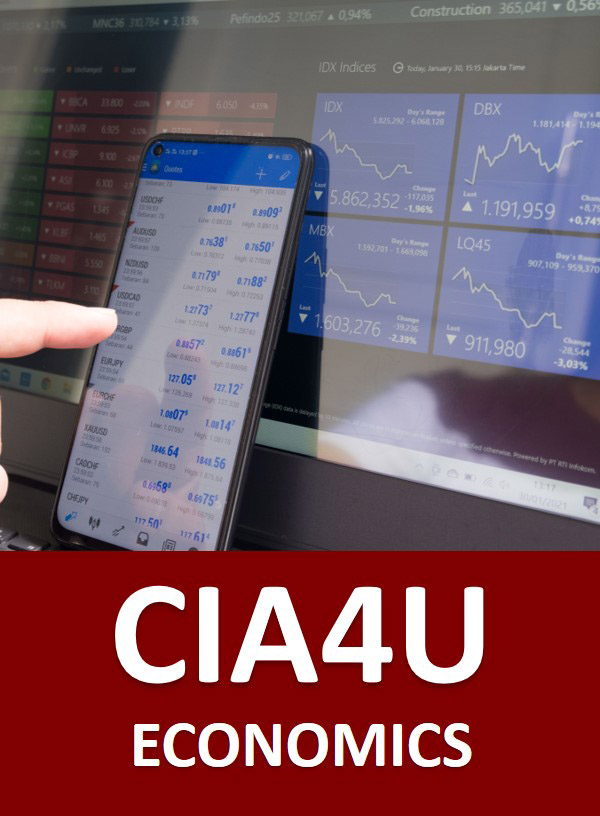
Grade 12
Analysing Current Economic Issues
This
course examines current Canadian and international economic issues,
developments, policies, and practices from diverse perspectives. Students will
explore the decisions that individuals and institutions, including governments,
make in response to economic issues such as globalization, trade agreements,
economic inequalities, regulation, and public spending. Students will apply the
concepts of economic thinking and the economic inquiry process, as well as
economic models and theories, to investigate, and develop informed opinions
about, economic trade-offs, growth, and sustainability and related economic
issues.

